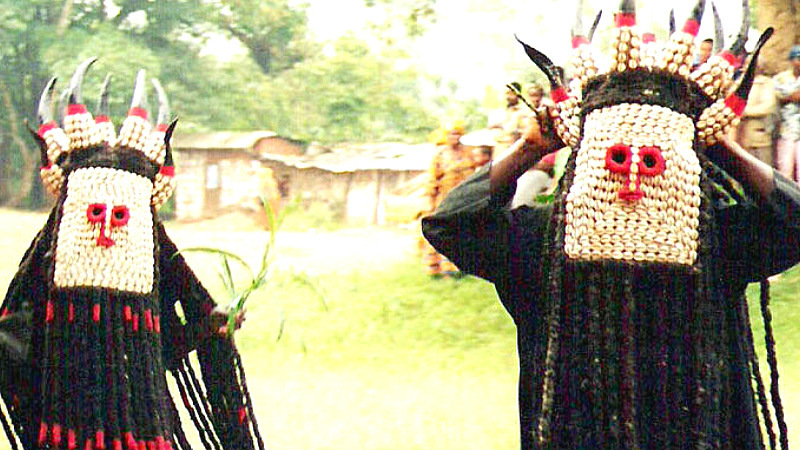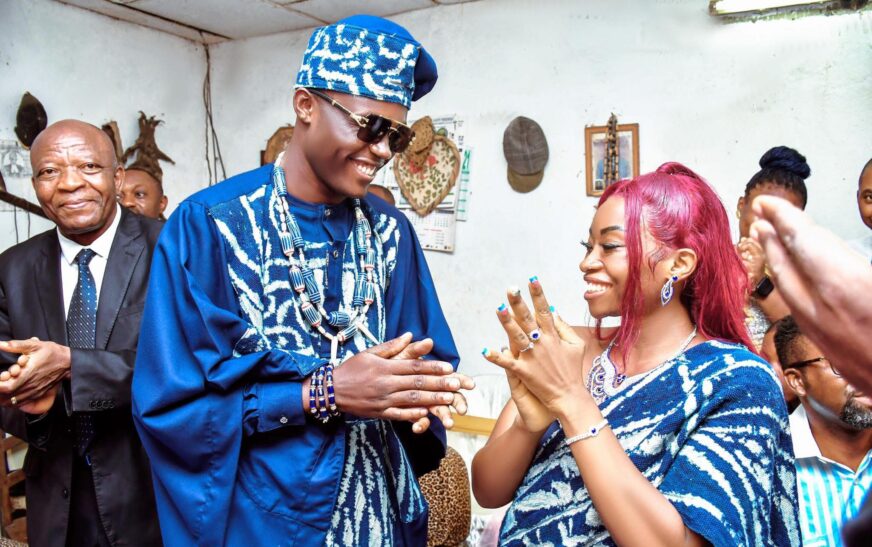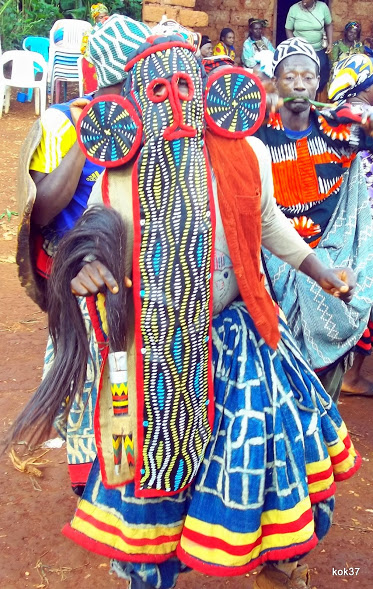The recent wave of Bamileke cultural events across the diaspora – from the All Bamileke Convention in New Jersey to festivals in Canada and Maryland and the Commemoration of Bamileke Martyrs – has coincided with an explosive debate about ethnic discrimination in Cameroon. Artist Kareyce Fotso’s passionate declaration of Bamileke pride, Luc Perry Wandji’s manifesto for community awakening, and renewed scholarly attention from figures like Achille Mbembe have thrust the « Bamileke problem » back into national consciousness. This convergence reveals not merely cultural celebration, but a profound reckoning with decades of systemic marginalization.
The Weight of Historical Memory
The foundations of contemporary Bamiphobia lie in colonial strategies that identified the Bamileke as economically dynamic yet politically threatening. French administrators, inheriting German concerns about Bamileke resistance, systematically fostered ethnic divisions as a means of control. The massacres of 1955-1971, targeting UPC leaders and countless civilians, established a narrative of Bamileke people as inherently seditious – a perception that would outlive colonialism itself.
Kareyce Fotso’s recollection of schoolyard taunts – « If you are Bami, it’s because God cursed you » – illustrates how deeply these colonial-era prejudices penetrated popular consciousness. Such childhood experiences reveal the profound psychological violence of ethnic stigmatization, creating generational trauma that extends far beyond political exclusion.
Contemporary Political Instrumentalization
Today’s political landscape demonstrates the persistence of these patterns. As Fotso astutely observes, while Professor Maurice Kamto faced accusations of tribalism and separatism, northern candidates Bello Bouba and Issa Tchiroma received no such scrutiny despite explicit regional support. This double standard exposes what Achille Mbembe identifies as Bamiphobia’s evolution into a « technology of power » – a systematic tool for political exclusion disguised as national security concern.
Anicet Ekane’s analysis offers crucial context, arguing that ethnic divisions serve to obscure class-based power struggles among competing elite factions. Under both Ahidjo’s northern-dominated regime and Biya’s Beti-centered administration, power has been distributed through what Ekane calls « ethnic alchemy » – carefully calibrated appointments that maintain elite consensus while marginalizing potential challengers.
The Diaspora’s Response: Between Culture and Politics
The proliferation of Bamileke cultural events reflects both pride and frustration. However, these gatherings raise fundamental questions about the relationship between cultural celebration and political engagement. Can a community defend its interests while remaining politically neutral? Wandji’s establishment of a Think Tank suggests recognition that folklore alone cannot address systemic discrimination.
His manifesto acknowledges dangerous trends, including extremist calls for Bamileke separatism – a development that threatens to validate long-standing accusations of Bamileke disloyalty. This dynamic illustrates how sustained marginalization can produce the very radicalization that initially justified exclusion, creating a self-fulfilling prophecy of ethnic conflict.
The Economics of Resentment
The Bamileke economic success story has become a double-edged sword. Their achievements in commerce, education, and entrepreneurship generate both national prosperity and elite anxiety. As Ekane notes, competing bourgeois factions fear Bamileke economic power, transforming legitimate business success into evidence of ethnic conspiracy.
This pattern reflects broader African postcolonial dynamics where economic competence becomes politically suspect. The fear is not of Bamileke poverty, but of Bamileke prosperity – revealing how ethnic prejudice can criminalize success itself.
Beyond Ethnic Politics: Toward Inclusive Citizenship
The current debate offers an opportunity to transcend ethnic thinking entirely. As multiple scholars note, the « Bamileke problem » is fundamentally a problem of inclusive governance. Cameroon’s democratic deficit affects all citizens, regardless of ethnicity, through corruption, authoritarianism, and elite capture of state resources.
Fotso’s declaration that she supports Kamto « not as a village brother, but for his vision » points toward post-ethnic politics based on shared values rather than blood ties. Similarly, her emphasis on unity while maintaining cultural pride suggests possibilities for hyphenated identities – being proudly Bamileke and fully Cameroonian.
The Path Forward
Breaking this cycle requires confronting uncomfortable truths about how ethnic division serves elite interests across all communities. As Ekane argues, ordinary Cameroonians – whether Beti, Bamileke, Bassa, Douala, Peuhl, Foulbe, or Tikar – share common interests in accountable governance, economic opportunity, and social justice that transcend ethnic boundaries.
The diaspora’s cultural revival, if coupled with sustained political engagement, could model this inclusive approach. Rather than retreating into ethnic enclaves, the global Bamileke community has the opportunity to champion democratic values, which include naming their challenges and facing them courageously, benefiting all Cameroonians.
The « pebble in Cameroon’s shoe » can only be removed through honest historical reckoning, institutional reform, and a commitment to citizenship that values contribution over origin. Only then can Cameroon realize its potential as a truly unified nation.











